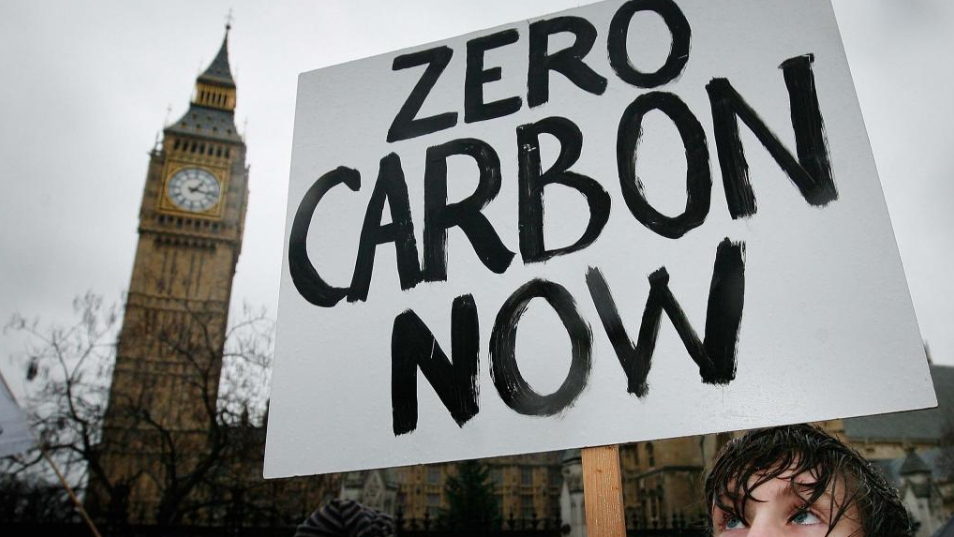In a market analysis insight, 'CAPA's Global Airline Outlook for the 2020s. Revolution!,' that looks at the decade ahead, it identifies four key issues that will underwrite this revolution and the most marked industry transformation on record. Two of them will occur gradually, more or less under the surface, says CAPA; the other two it says could well shake the foundations of the industry within the next five years.
"If the industry had been a horse race, the two most important issues would have been the dark horses, only now making their appearance in the finishing straight," it explains.
So, what are these four key issues? Those seeing gradual influence are the impact of environmental pressures and disruption of the airline distribution systems, says CAPA. The transformational issues comprise the progressive network transformation as long haul narrowbody aircraft are introduced, engaging smaller city pairs and stimulating widespread new route networks. The other, the accidental erosion of controls on foreign ownership of airlines as close airline partnerships grow, accompanied by equity acquisitions.
These key issues will exist alongside some givens for the coming decade. CAPA says, Asia will come to dominate the global airline industry, oil and other external costs will make cost management challenging (oil prices appeared to have been tamed, but the US drone strikes in Iraq have seen them spike), a lack of skilled resources will continue to hamper the growth of the industry, and, with a few standout exceptions, airlines will continue to fail to make a significant return on invested capital.
It also predicts that at some stage during the first half of the decade there will also be an economic downturn, possibly very substantial. On historical trends it is already well overdue, it claims, and with unprecedentedly low interest rates and astonishingly massive levels of private and public debt, there is little to predict just how great the scope will be. "If there ever were uncharted waters in the economic sphere, that is where we are now," it says.
But the likely resulting combination of an airline and supplier debt shock, together with a slump in consumer demand, "will almost undoubtedly trigger a more significant move towards industry consolidation (by combination and market exit) than has ever been seen," according to the trusted source of market intelligence.
READ MORE... CAPA's Global Airline Outlook for the 2020s. Revolution!
CAPA's Global Airline Outlook for the 2020s. Revolution!
The sustainability debate while not as transformational, according to CAPA, will certainly grab more mainstream headlines. Despite the relatively small environmental footprint of the airline industry, its sheer visibility and attractiveness for demonstrators against commercial carbon emissions makes it an extremely attractive and vulnerable target, especially in the corporate travel sector.
It is clear that new environmental criteria will be applied to corporate travel buyers in companies that are anxious to display their own green credentials. Already some have adopted policies that restrict same-day travel, replacing it with audio-visual alternatives.
Almost inevitably, corporates will, after casting a careful eye over their own travel budgets, need to reduce expenditure - and even probably include it as part of their green audit. Travel Management Companies too will be asked to provide low emission options and to monitor activity.
"This impact can only go in one direction, to dampen travel expenditure - or to be more accurate, to slow the inevitable growth," warns CAPA. "But for the forward thinking airlines, there will be opportunities, as emission rankings show up more environmentally friendly partners. And to end where we started this story, finally, the travellers themselves will become more concerned about their own personal emission footprint," it adds.
As for those other key issues, you can read the full CAPA analysis to learn how data is changing the world, how long haul narrow body aircraft will be "gamechangers" and will reshape networks in the 2020s and how alliance shifting sands are undermining strict foreign ownership lines.
Fasten your seat-belt for a rocky ride. As CAPA notes, the airline system is one of the few big targets not to have been substantially disrupted yet. "Recent history suggests this will be inevitable rather than merely likely over the coming decade," it says.